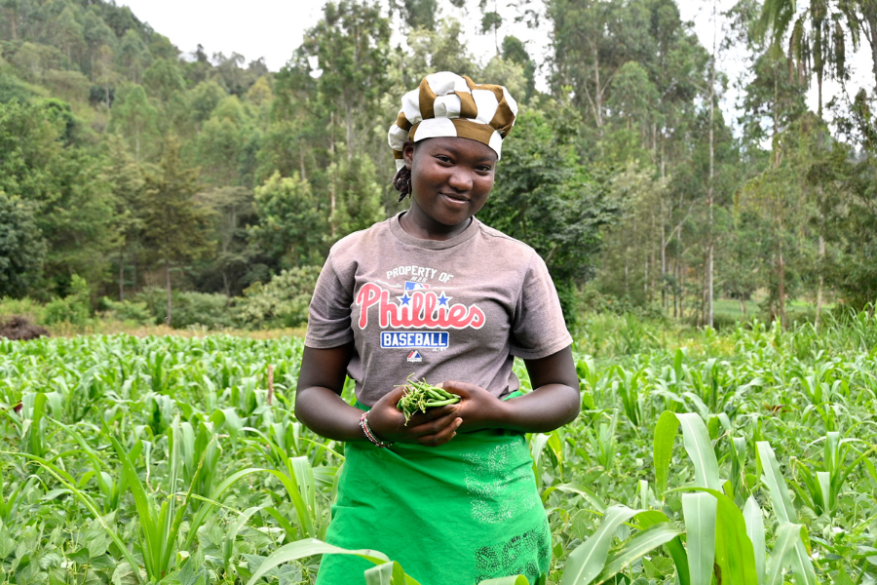World Food Day 2022 will take place on Sunday Oct 16th under the theme: ‘Leave NO ONE behind.’
This year’s World Food Day will be marked against the backdrop of the ongoing Covid-19 pandemic, rising food and energy prices caused by the conflict in Ukraine and a hunger crisis in the Horn of Africa. These factors, alongside the increasing effects of climate change pose many challenges to global food security.
A recent report from the UN on global food security and nutrition found that the world is going backwards in its efforts to end hunger across the globe. It’s estimated that 3.1 billion can not afford a healthy diet , 112 million more than the previous year.
UN FAO Director-General Dr. Qu Dongyu described the new report as ‘a wake up call’ for the world, and added that “We need to urgently transform our agri-food systems to be more efficient, more resilient, more inclusive and more sustainable.”
The world produces enough food for everyone but imbalances in our global food supply system mean it’s not distributed fairly. We all have a role to play in transforming our food systems, particularly young people.
Agriculture can be a solution to hunger in Africa if long term investments are made in infrastructure, technology and land expansion. It’s 2.5 times more effective than any other sector at reducing poverty. Self Help Africa support farmers at local, national and regional levels to improve crop yields and provide better access to markets, quality seed and training.
World Food Day calls for global solidarity to help all populations, especially the most vulnerable, to recover from these ongoing crises, and improve our food systems. Long term investment in rural workers will also be key to reducing poverty and improving our food systems.
An essential part of this will be sustainable agricultural practices that preserve natural resources, and the climate. At Self Help Africa, we support a range of ‘climate-smart’ agriculture methods that help alleviate the effects of climate change for farming families while producing enough food to earn a living.
For more information on our climate work.


